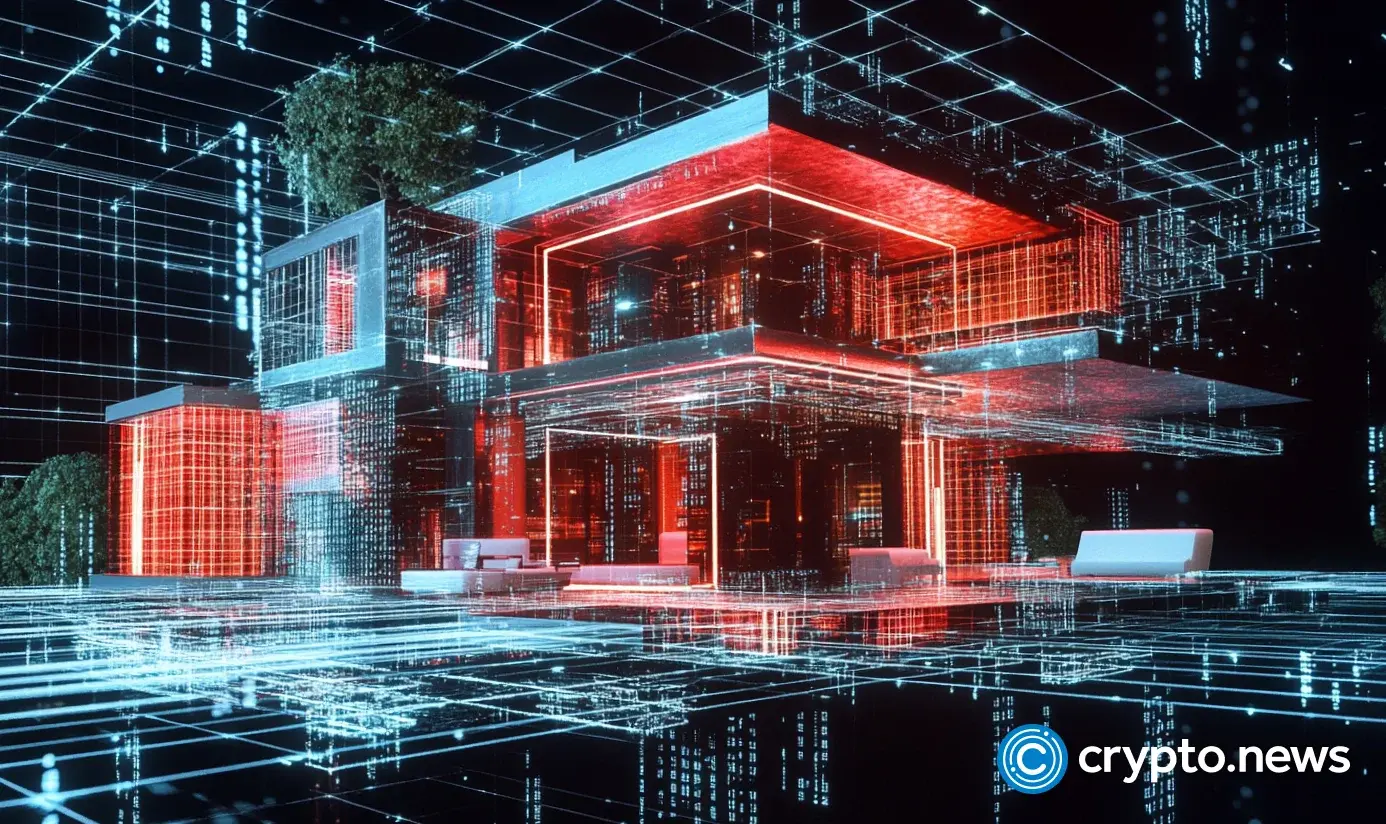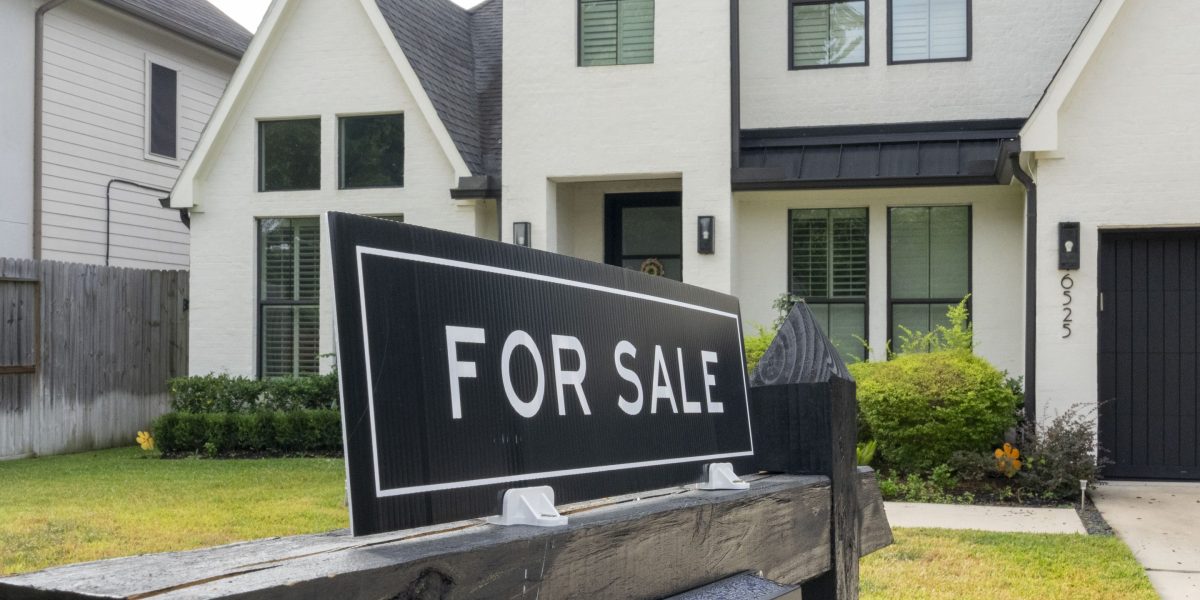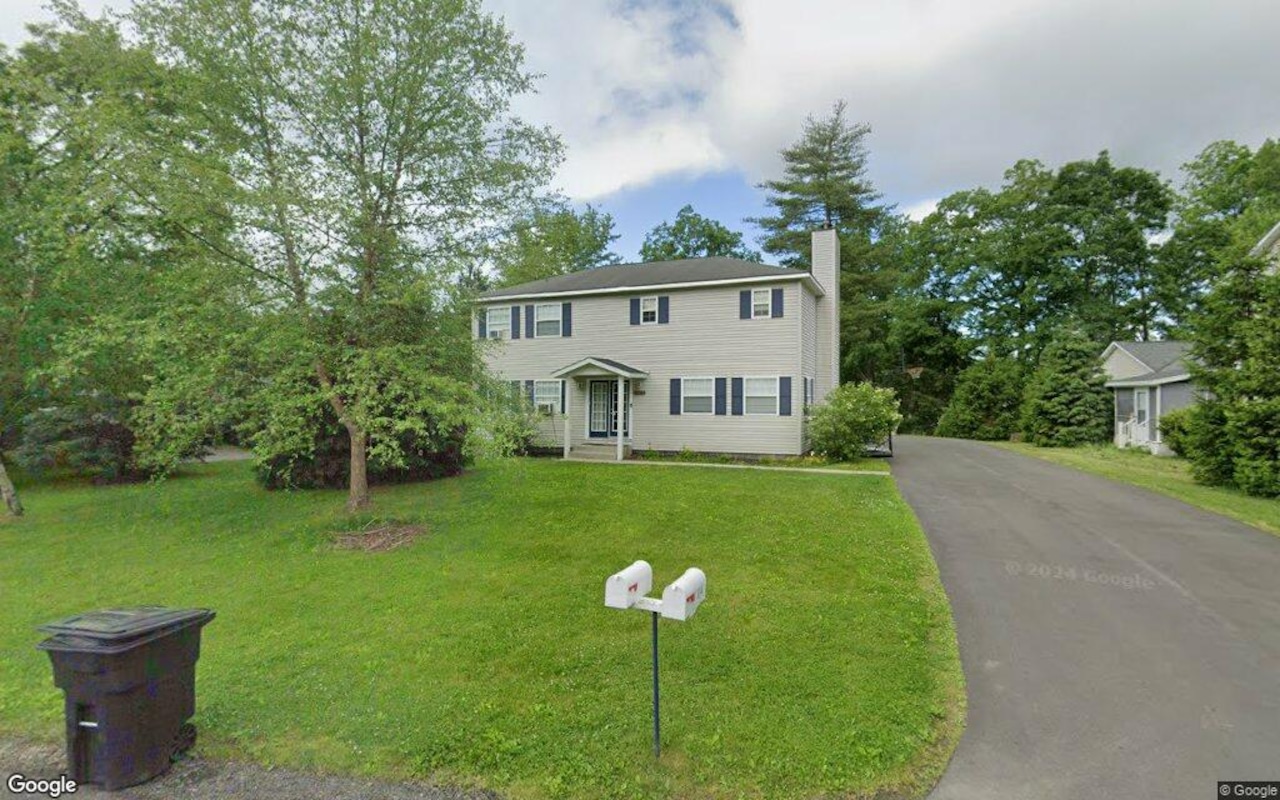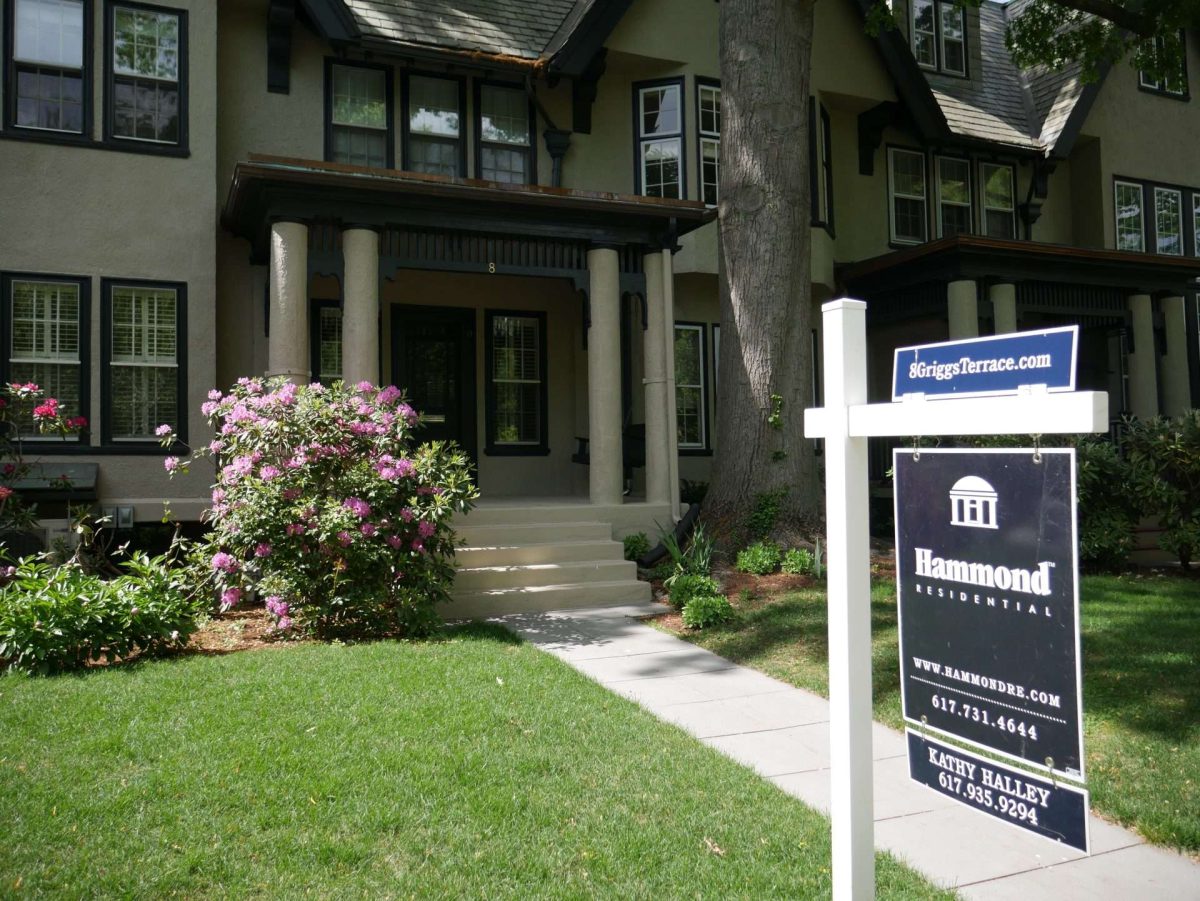T
he Elusive Dream of Property Ownership
In Europe, the notion of owning a home has become an unattainable luxury for many. As capital-rich investors snap up properties, driving prices through the roof, ordinary citizens are priced out of the market, leaving homeownership an exclusive privilege for the wealthy.
This crisis has sparked a democratic backlash in major European countries, with leaders like Spain's Prime Minister Pedro Sanchez taking bold steps to address the issue. Sanchez has proposed a 100% tax on non-EU citizens buying homes in Spain, aimed at curbing foreign investors' stranglehold on the market. However, this move has raised concerns among industry insiders, who warn that it may only drive away investment without tackling the root problem of housing affordability.
The Spanish property market is particularly egregious, with social housing constituting a mere 2.5% of the market – a stark contrast to other major EU nations like France (14%) and the Netherlands (34%). To exacerbate matters, Spain's coalition government plans to speed up construction, but only 90,000 new homes are being built annually, far short of the 600,000 needed by 2025.
Tokenization: A Beacon of Hope
One potential solution to this multifaceted crisis lies in tokenization – a process that converts real-world assets like property into digital tokens on a blockchain. This innovation enables fractional ownership, allowing investors to purchase shares of an asset without needing significant capital or navigating complex bureaucracy.
By leveraging blockchain technology, tokenization can democratize access to property investment, making it possible for anyone with a laptop or mobile device to participate in the market. This approach also opens up properties to a global pool of investors, reducing barriers to entry and generating revenue from international buyers.
A Safer, More Transparent Market
Tokenization platforms built on blockchain ledgers provide an added layer of security and transparency, recording transactions and ownership transfers in a tamper-proof ledger. This reduces the risk of fraud or corruption, building confidence among investors and encouraging market stability.
Rather than taxing wealthy overseas investors, European governments can harness tokenization to support local citizens in investing in property. By fractionalizing real-estate assets and making them available on blockchain platforms, every investor – regardless of their portfolio size – can benefit from appreciation in the property market.
As Darren Carvalho, co-founder at MetaWealth, notes, embracing blockchain technology is a modern solution to a legacy problem. By removing barriers and obstacles that hinder smaller investors, European countries can create a more inclusive property market, where everyone has a chance to own a piece of the dream.















